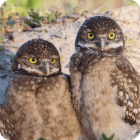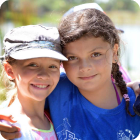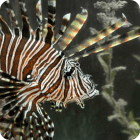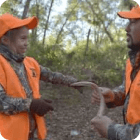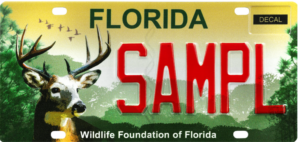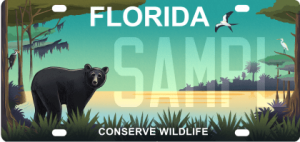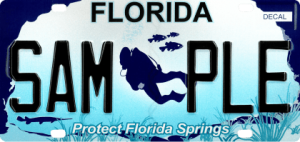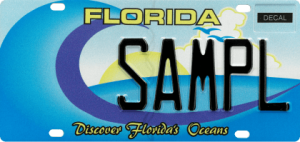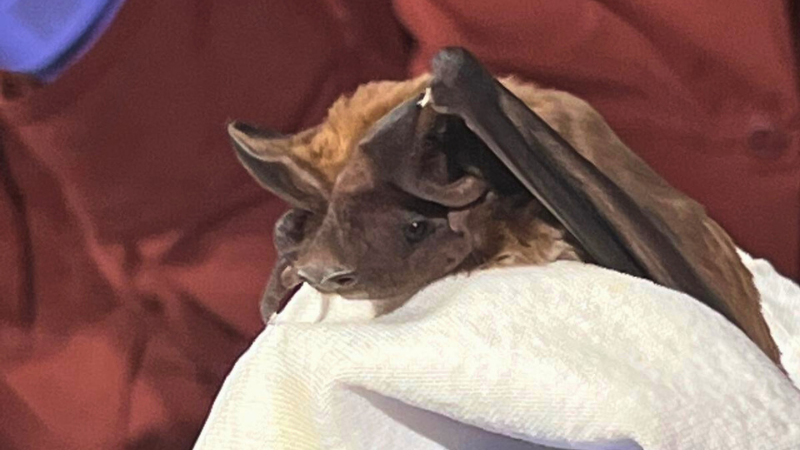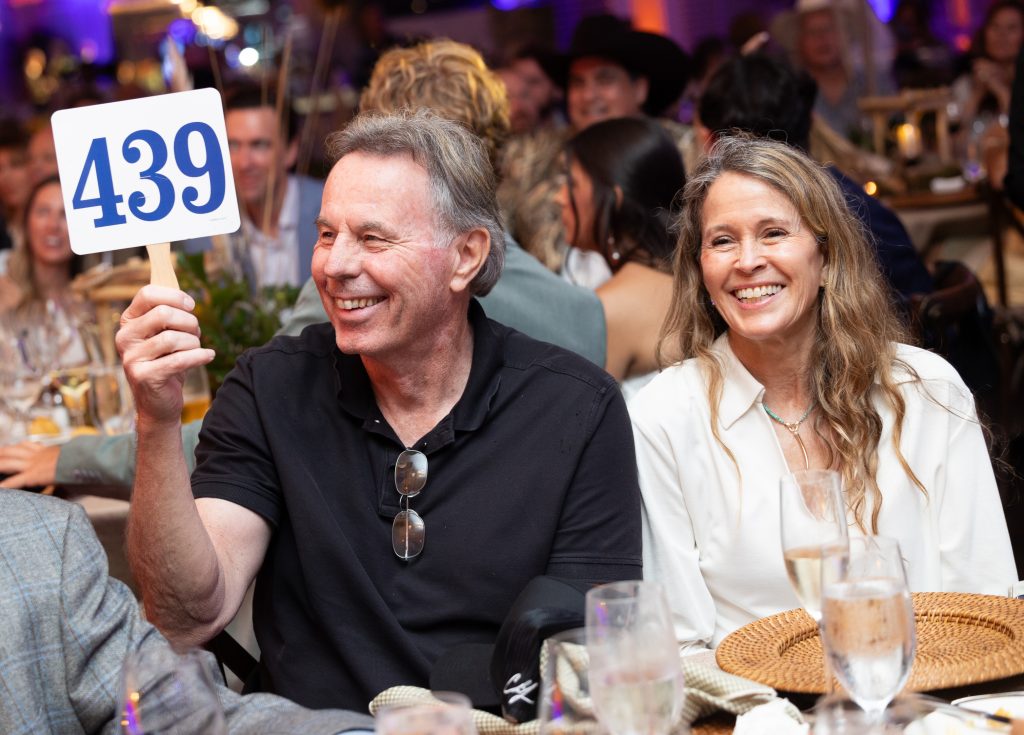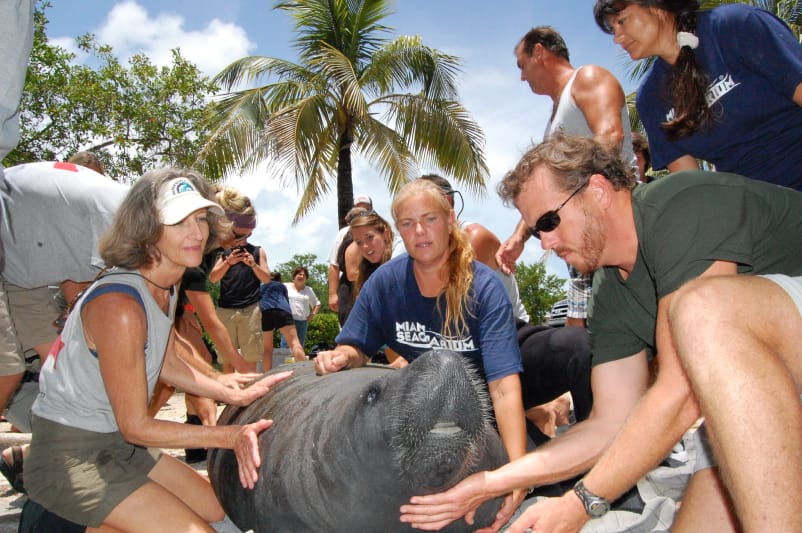
 St. Petersburg, FL (April 16, 2021) – Sometimes we need a little help to get going, and Lake Trafford is no exception. Luckily, nature has provided it assistance from some unlikely sources: native mussels and bluegill (Lepomis macrochirus).
St. Petersburg, FL (April 16, 2021) – Sometimes we need a little help to get going, and Lake Trafford is no exception. Luckily, nature has provided it assistance from some unlikely sources: native mussels and bluegill (Lepomis macrochirus).
Mussels might not be much to look at, but they are an essential component to ecosystem health and clean water, acting as a filtration system. When Lake Trafford, a prized sportfishing location in southwest Florida, was targeted for habitat improvement, biologists with the Florida Fish and Wildlife Conservation Commission (FWC) knew that employing mussels would help improve the poor water clarity and quality. However, they were unsure if they would be able to grow enough to make a difference. Enter the Fish & Wildlife Foundation of Florida with two grants to help researchers answer the question.
FWC biologists first tried traditional methods to grow mussels selected for Lake Trafford without success. Then they turned to help from the natural world. Since mussels require a fish host to reproduce, biologists knew that bluegill would be helpful assistants. To enlist the fish’s help, they placed both the mussels and fish in a specialized tank system purchased specifically for the purposes of this project using foundation grant dollars. The mussels released a mucus net that contained tiny baby mussels. Bluegill swam into the net, depositing the babies on their gills, the most conducive environment for their growth with no negative effects on the fish. The results were surprising: biologists were able to produce 1,600 mussels with just 30 fish.
The project marks the first time anyone has tried using native freshwater mussel restoration as a larger tool for whole ecosystem restoration in Florida and throughout most of the country. Also, this is the first time anyone has successfully propagated Paper Pondshell (Utterbackia imbecillis) mussels anywhere.
“The overall goal of this project is to restore native freshwater mussel communities in Lake Trafford and potentially improve water quality, water clarity, and overall habitat, said Lee Grove, FWC Freshwater Fisheries Biologist. The first phase of the project has been successful thanks to funding by the Foundation and biologists will be continuing developing these new innovative techniques over the few years.
Biologists are now working to scale up the project and create tens of thousands of mussels after calculating filtration rates to determine how many mussels will need to be stocked in Lake Trafford. They will also begin working to develop similar techniques for other native mussel species.
Funding from the Foundation is via their Conserve Wildlife license plate. Twenty-five dollars from each purchase of the Conserve Wildlife plate supports the conservation of Florida’s rare species and other nongame wildlife. A redesigned plate is now available for purchase.
“This is an ingenious process that could be a model for others,” said Foundation President & CEO Andy Walker. “We are thrilled to see how the study progresses and can’t wait to fish in a restored Lake Trafford in the coming years.”
